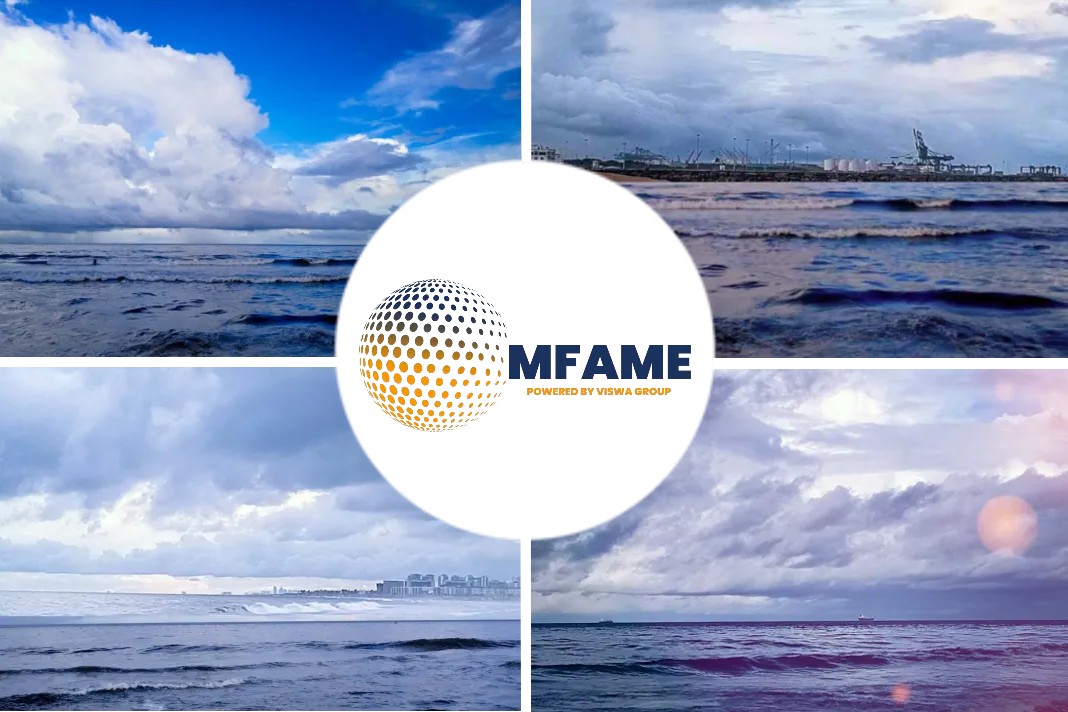According to an article published in the Sydney Morning Herald, Australian miner BHP is preparing to award a landmark contract as early as March for the world’s first fleet of bulk ships fuelled by LNG.
Biggest overhaul in decades
The switch has been made after reviewing 17 bids from gas producers, shipbuilders and financial institutions.
As the shipping industry braces for its biggest overhaul in decades with new rules slashing sulphur levels in maritime fuel from January 1, BHP, the largest charterer of bulk carriers in the world, has revealed it is close to deciding who will win a tender to design and supply LNG-powered ships to transport up to 27 million tonnes of its iron ore exports to Asia.
Introduction of carriers running off LNG
BHP maritime vice-president Rashpal Bhatti said the introduction of bulk carriers running off LNG rather than diesel would eliminate NOx (nitrogen oxide) and SOx (sulphur oxide) emissions as well reduce carbon dioxide emissions by up to 25 per cent.
“We sent requests for tender to 19 organisations – banks, entrepreneurs, vessel owners, shipyards – and 17 of them came back with very detailed offers two months ago,” Mr Bhatti told. “The great news is the interest is huge.”
Mr Bhatti said BHP was evaluating the detailed submissions before progressing to a “clarification stage” with the companies in January and subsequent negotiations in February.
“We are really excited about it,” he said, “and we expect to award in March-April.”
As well as shipping companies, some of Australia’s major gas producers including Woodside, Shell and Pavilion were among the companies to have participated in the tender, according to Mr Bhatti.
BHP welcomes IMO with open hands
BHP, the world’s biggest miner, has welcomed the United Nations International Maritime Organisation’s (IMO) new rules taking effect from next week requiring all ships to use fuel containing no more than 0.5 per cent sulphur, down from 3.5 per cent.
The IMO has also set goals to halve carbon dioxide emissions generated by shipping by 2050 compared to 2008 levels.
“Whilst there is no regulation around that in terms of carbon reduction, that’s coming, there’s no doubt about that,” Mr Bhatti said. “The industry has been a mono-fuel captive audience to diesel for the last 80 years and it’s only now that the IMO has woken up.”
Seeking cleaner alternatives
The incoming reforms have prompted major shippers to seek out cleaner alternatives to the heavy fuel oil known as bunker fuel that until now has been the shipping industry’s main source of fuel. Operators across the shipping supply chain including Australia’s three big iron ore miners – BHP, Rio Tinto and Fortescue – are bracing for additional costs triggered by the new standards and have been exploring options to ensure compliance with the new standards.
Macquarie Wealth Management analysts this year estimated the shift to cleaner fuel and moves to fit vessels with new equipment to capture sulphur emissions could add between US$2-3 a tonne for freight travelling from Western Australia to China.
“In the coming years, vast research and development investment will take on non-carbon- fuelled propulsion, requiring the construction of new freight infrastructure,” the investment house said.
Global warming turning out to be a crisis
Describing global warming as an indisputable crisis requiring a global “mobilisation” effort, BHP’s outgoing chief executive, Andrew Mackenzie, embarked this year on a $500 million carbon-reduction drive to cut not only BHP’s own emissions but the emissions generated from beyond its mine gates – known as “scope 3” emissions – caused by shippers and the customers of its products such as Asian steel mills and power plants.
Did you subscribe to our daily newsletter?
It’s Free! Click here to Subscribe!
Source: TheSydneyMorningHerald
















